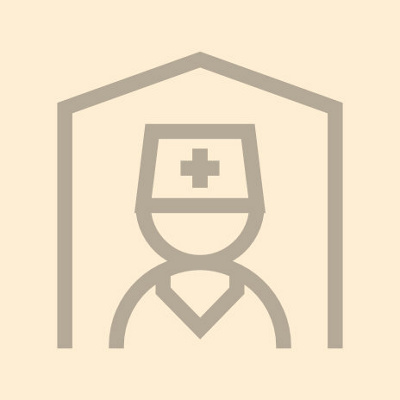Did you know that some 130 South Africans have heart attacks a day and 240 a day suffer strokes?
Did you know that some 130 South Africans have heart attacks a day and 240 a day suffer strokes? Cardiovascular disease (CVD), which includes heart and circulation problems, could creep up on anyone at any time. Dr Leonard Steingo, cardiologist at Morningside Mediclinic in Sandton, talks us through the simple ECG test that could stop you becoming a statistic…
My GP has picked up a possible heart problem and has recommended an ECG. Is this really necessary?
An ECG, or electrocardiogram, is vital for anyone suspected of having a heart problem. This quick and simple test will look at the electrical activity of your heart, translating it into line tracings on a graph, which will signal any problems or potential problems which could put you at risk of a heart attack or stroke. While an electrocardiogram could demonstrate problems at rest, a ‘stress electrocardiogram’ (which is done using exercise or medication) might be indicated as well to more completely identify a problem.
Your heart is essentially a pump that contracts by a natural electrical system to send blood to the lungs and the rest of your body. An ECG will provide crucial clues to how it is working and if there are blockages in the system.
Who might need an ECG?
More people than you might think. Cardiovascular disease is a very real health issue in SA for men and women across all age groups. While you might not have known you were at risk, an ECG will pick up any problems and could save you from the consequences.
You could be at risk and need an ECG or annual ECGs if you:
- Smoke, don’t eat healthily, don’t get regular exercise or are overweight.
- Are suspected of having heart problems. You may have suffered shortness of breath, weakness, palpitations, chest or abdominal discomfort or pain, nausea or fainting.
- You have been previously diagnosed with heart problems, have experienced heart failure or have valve or coronary-artery disease.
- Have high blood pressure – one in five South Africans have high blood pressure.
- Have diabetes.
- Are male and over 40 years old or female and over the age of 50.
- Have a family history of heart disease.
- Have a stressful job, either corporate or in services such as pilots, bus drivers, policemen and women, and fire fighters.
What will happen during my ECG?
An ECG (resting or stress) is quick – it takes only between 10 to 30 minutes – inexpensive and painless. Essentially 12 electrodes with adhesive pads will be pasted to your arms, legs and chest, so avoid greasy oils or skin lotions on the day, don’t wear tights and wear a shirt that is easy to unbutton.
You will lie flat (this is called a resting ECG) while a computer creates a graph of your heart’s electrical activities. A stress ECG may also be required should it be considered prudent.
So simple, and yet so sophisticated, an experienced doctor can read an ECG to assess your heart rhythm, diagnose poor blood flow, evaluate any abnormalities and diagnose a heart attack.
Your ECG patterns will be kept on record for comparison at later check-ups. If you have any doubts or questions, be sure to chat to your doctor.
Further publications on the topic
Doctors 1


